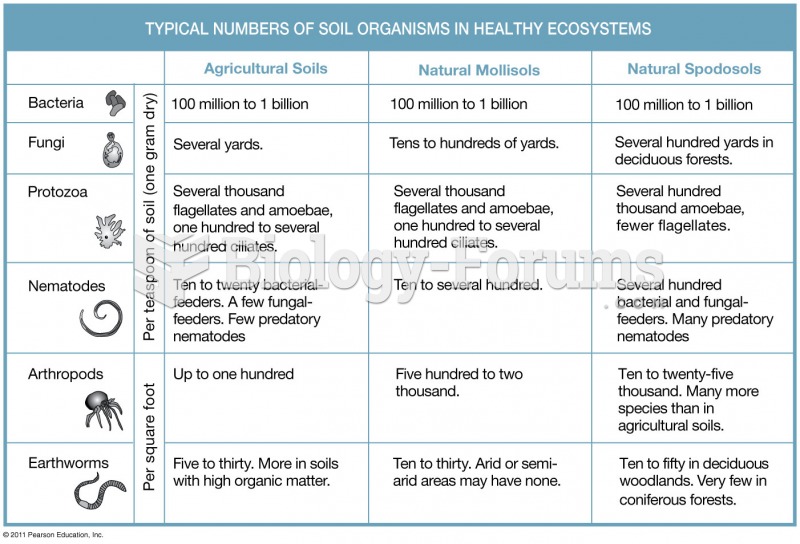|
|
|
Patients who have been on total parenteral nutrition for more than a few days may need to have foods gradually reintroduced to give the digestive tract time to start working again.
Less than one of every three adults with high LDL cholesterol has the condition under control. Only 48.1% with the condition are being treated for it.
For about 100 years, scientists thought that peptic ulcers were caused by stress, spicy food, and alcohol. Later, researchers added stomach acid to the list of causes and began treating ulcers with antacids. Now it is known that peptic ulcers are predominantly caused by Helicobacter pylori, a spiral-shaped bacterium that normally exist in the stomach.
People often find it difficult to accept the idea that bacteria can be beneficial and improve health. Lactic acid bacteria are good, and when eaten, these bacteria improve health and increase longevity. These bacteria included in foods such as yogurt.
Blastomycosis is often misdiagnosed, resulting in tragic outcomes. It is caused by a fungus living in moist soil, in wooded areas of the United States and Canada. If inhaled, the fungus can cause mild breathing problems that may worsen and cause serious illness and even death.
 (a) The relative age ranges of different dating techniques depend upon the half-life of the system u
(a) The relative age ranges of different dating techniques depend upon the half-life of the system u
 What emotions are these people expressing? Are these emotions global? Is their way of expressing ...
What emotions are these people expressing? Are these emotions global? Is their way of expressing ...
 People whose behaviors violate norms are often called mentally ill. “Why else would they do such ...
People whose behaviors violate norms are often called mentally ill. “Why else would they do such ...




